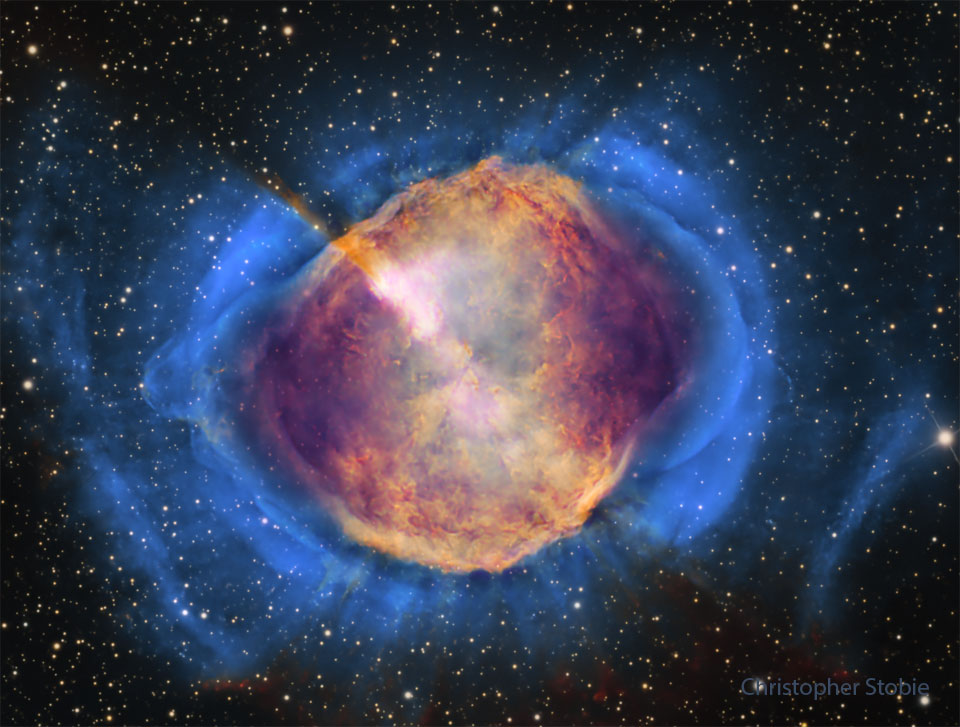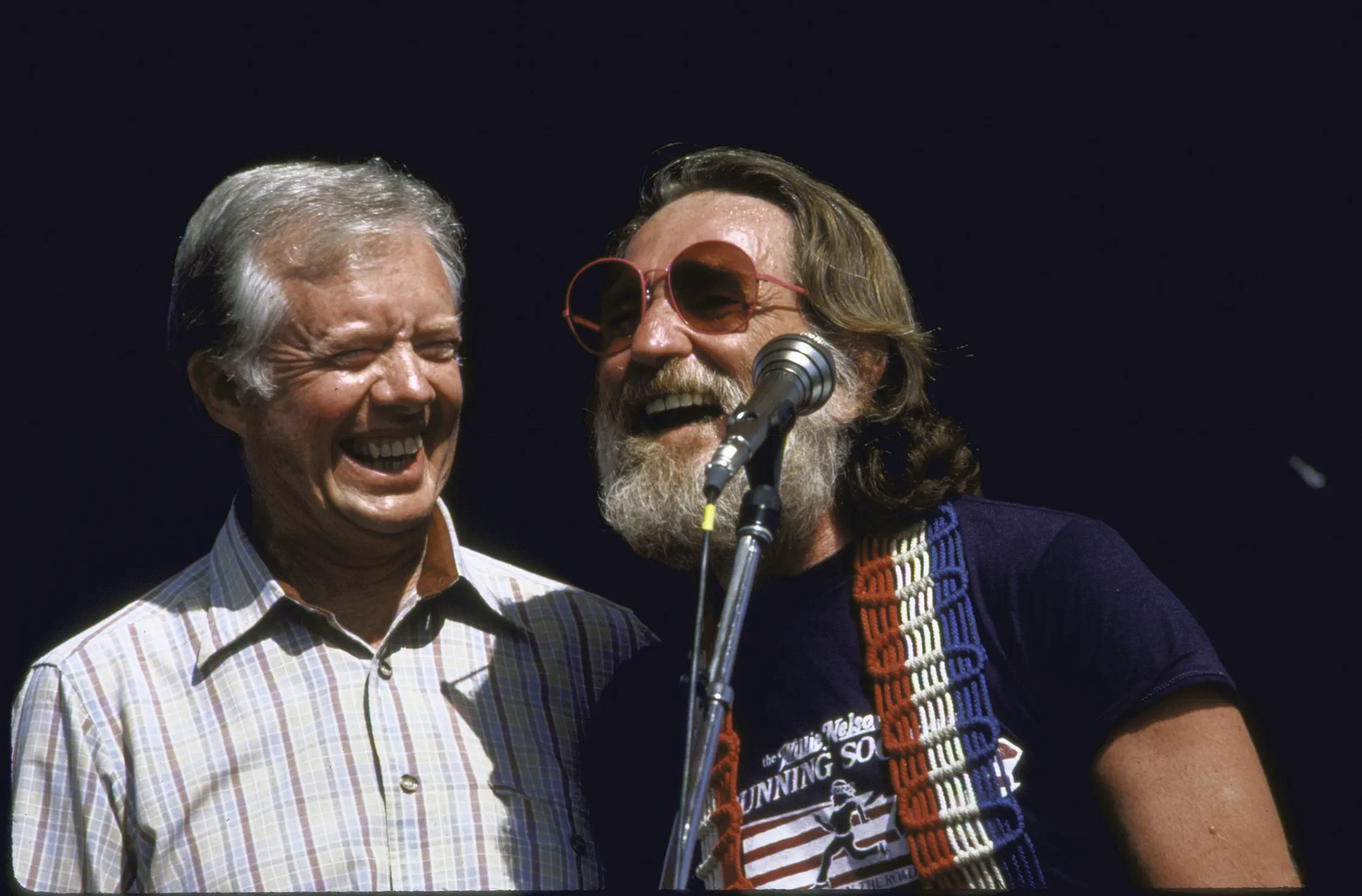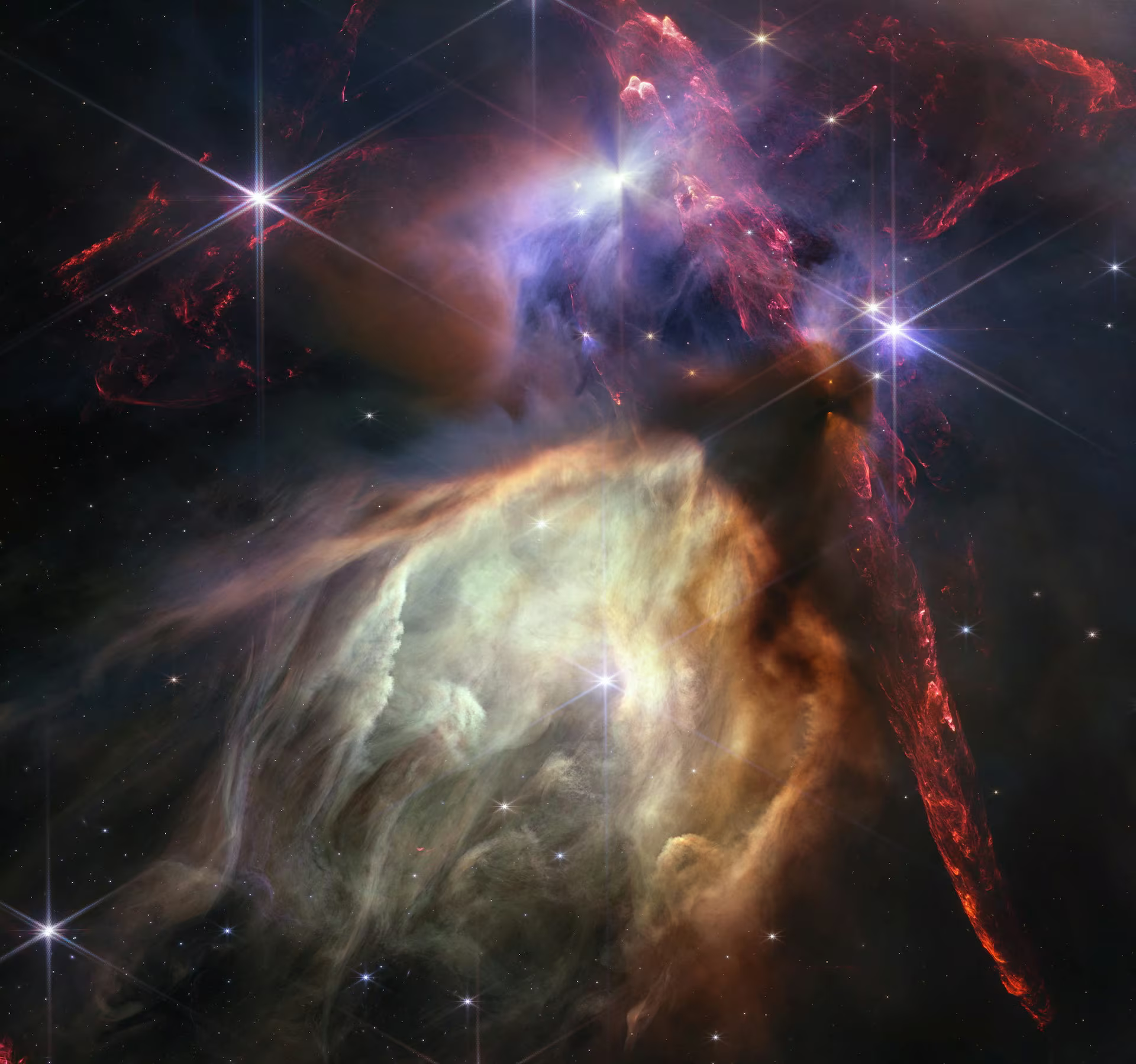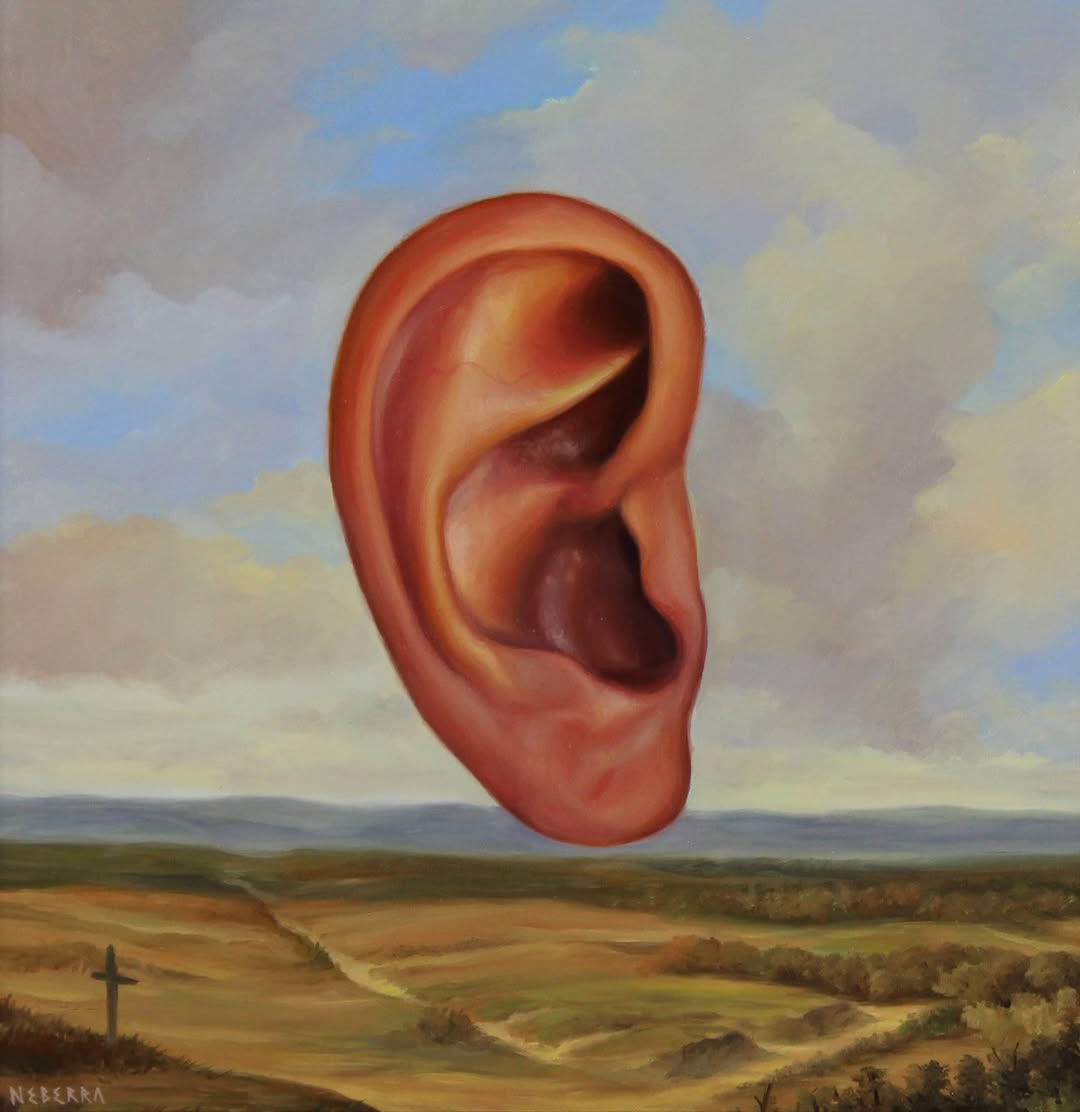Blog
The first hint of our Sun‘s future was discovered inadvertently in 1764. At that time, Charles Messier was compiling a list of diffuse objects not to be confused with comets. The 27th object on Messier’s list, now known as M27 or the Dumbbell Nebula, is a planetary nebula, one of the brightest planetary nebulas on the sky and visible with binoculars toward the constellation of the Fox (Vulpecula). It takes light about 1000 years to reach us from M27, featured here in colors emitted by sulfur (red), hydrogen (green) and oxygen (blue). We now know that in about 6 billion years, our Sun will shed its outer gases into a planetary nebula like M27, while its remaining center will become an X-ray hot white dwarf star. Understanding the physics and significance of M27 was well beyond 18th century science, though. Even today, many things remain mysterious about planetary nebulas, including how their intricate shapes are created.

Charles Weedon Westover (December 30, 1934 – February 8, 1990 Coppersville, MI), better known by his stage name Del Shannon, was an American musician, singer and songwriter, best known for his 1961 number-one Billboard hit “Runaway“. In 1999, he was posthumously inducted into the Rock and Roll Hall of Fame. In addition to his music career, he had minor acting roles.
more...Alessandro Piccinini (1566 – 1638) was an Italian lutenist and composer.
Piccinini was born in Bologna into a musical family: his father Leonardo Maria Piccinini taught lute playing to Alessandro as well as his brothers Girolamo (died 1615) and Filippo (died 1648). He held appointments at the Este court in Ferrara (from 1582 to 1597) and with Cardinal Pietro Aldobrandini, papal legate at Bologna and Ferrara. Piccinini died around 1638, probably in Bologna. He is best known for his two volumes of lute music: Intavolatura di Liuto et di Chitarrone, libro primo (Bologna, 1623) and Intavolaturo di Liuto (Bologna, 1639), the latter published posthumously by his son Leonardo Maria Piccinini. The 1623 collection is of particular importance because of Piccinini’s lengthy preface, which includes a detailed manual on performance, as well as claims to have invented the archlute (Piccinini also made important modifications to the chitarrone). Piccinini concentrated on toccatas, courantes and galliards, as well as different kinds of variations. No other works by Piccinini are known; his music for La selva sin amor, the first opera performed in Spain, composed by his brother Filippo Piccinini is lost.
more...Ellas Otha Bates (December 30, 1928 – June 2, 2008 McComb, MS), known professionally as Bo Diddley, was an American guitarist and singer who played a key role in the transition from the blues to rock and roll. He influenced many artists, including Buddy Holly, Elvis Presley, the Beatles, the Rolling Stones, the Animals, George Thorogood, Syd Barrett, and the Clash.
His use of African rhythms and a signature beat, a simple five-accent hambone rhythm, is a cornerstone of hip hop, rock, and pop music. In recognition of his achievements, he was inducted into the Rock and Roll Hall of Fame in 1987, the Blues Hall of Fame in 2003, and the Rhythm and Blues Music Hall of Fame in 2017. He received a Lifetime Achievement Award from the Rhythm and Blues Foundation and the Grammy Lifetime Achievement Award. Diddley is also recognized for his technical innovations, including his use of tremolo and reverb effects to enhance the sound of his distinctive rectangular-shaped guitars.
more...
Patricia Lee Smith (born December 30, 1946 Chicago) is an American singer, songwriter, poet, painter, author, and photographer. Her 1975 debut album Horses made her an influential member of the New-York-City-based punk rock movement. Smith has fused rock and poetry in her work. In 1978, her most widely known song, “Because the Night“, co-written with Bruce Springsteen, reached number 13 on the Billboard Hot 100 chartand number five on the UK Singles Chart.
In 2005, Smith was named a Commander of the Ordre des Arts et des Lettres by the French Ministry of Culture. In 2007, she was inducted into the Rock and Roll Hall of Fame. In November 2010, Smith won the National Book Award for her memoir Just Kids, written to fulfill a promise she made to Robert Mapplethorpe, her longtime partner and friend. She is ranked 47th on Rolling Stone magazine’s 100 Greatest Artists of all Time, published in 2010, and was awarded the Polar Music Prize in 2011.
more...John Cowan Hartford (December 30, 1937 – June 4, 2001 St Louis) was an American folk, country, and bluegrass composer and musician known for his mastery of the fiddle and banjo, as well as for his witty lyrics, unique vocal style, and extensive knowledge of Mississippi River lore. His most successful song is “Gentle on My Mind“, which won three Grammy Awards and was listed in “BMI’s Top 100 Songs of the Century”.Hartford performed with a variety of ensembles throughout his career, and is perhaps best known for his solo performances where he would interchange the guitar, banjo, and fiddle from song to song. He also invented his own shuffle tap dance move, and clogged on an amplified piece of plywood while he played and sang.
He was posthumously inducted into the International Bluegrass Music Hall of Fame in 2010.
more...
Lewis Nash (born December 30, 1958) is an American jazz drummer. According to Modern Drummer magazine, Nash has one of the longest discographies in jazz and has played on over 400 records, earning him the honor of Jazz’s Most Valuable Player by the magazine in its May 2009 issue.
In 2012, The Nash Jazz Club,] opened in Phoenix, AZ. Named after Lewis Nash by Jazz in AZ 501(c)(3), The Nash Jazz Club is dedicated to performances and educational programs that promote jazz education.
In 2017, Nash joined the jazz studies faculty at Arizona State University, where he was named the Bob and Gretchen Ravenscroft Professor of Practice in Jazz. In early 2021, the Lewis Nash Scholarship Endowment was created by the university to be awarded annually to a deserving ASU undergraduate or graduate jazz performance student.
Nash is noted for his adaptability to a vast array of genres, as evidenced by his performances with such different musicians as Tommy Flanagan and Don Pullen. Nash has made 5 recordings as bandleader: Rhythm is My Business (1989), It Don’t Mean a Thing (2003 Japanese import) and Stompin’ at the Savoy (2005 Japanese import), Lewis Nash and the Bebop All-Stars featuring Frank Wess (2008 Japanese Import), and The Highest Mountain (2012). In 2008, Nash became part of The Blue Note 7, a septet formed that year in honor of the 70th anniversary of Blue Note Records.
more...PLAINS, Ga. (WTVM) – December 29-2024 Former President of the United States, Jimmy Carter, died on Sunday at age 100. The news was reported at 4PM Sunday afternoon by the Atlanta Journal-Constitution. James Earl Carter, Jr. – 39th president of the United States – was born Oct. 1, 1924, in Plains, Georgia. Carter has many titles under his belt as he was the oldest living president, as well as the oldest – post-presidency. His 77-year-long marriage to Rosalynn made him the longest married president.

Richard Clare Danko (December 29, 1943 – December 10, 1999) was a Canadian musician, bassist, songwriter, and singer, best known as a founding member of the Band, for which he was inducted into the Rock and Roll Hall of Fame in 1994.
During the 1960s, Danko performed as a member of the Hawks, backing Ronnie Hawkins and then Bob Dylan. Then, between 1968 and 1977, Danko and the Hawks, now called the Band, released seven studio albums before breaking up. Beginning with the group’s reformation in 1983 and up until his death, Danko participated in the Band’s partial reunion. On December 10, 1999, days after the end of a brief tour of the Midwest that included two shows in the Chicago area and a final gig at the Ark in Ann Arbor, Michigan, Danko died of heart failure in his sleep at his home in Marbletown, New York. He was 55.
more...A look at Sun-like stars being born in this detailed close-up of Rho Ophiuchi, the closest-star-forming region to Earth in a composite image taken by the James Webb Telescope and released by NASA on July 12, 2023. Dark, dense dust cocoons still-forming protostars, while an emerging stellar newborn (top center) shoots out two huge jets of molecular hydrogen. NASA.

Yvonne Marianne Elliman (born December 29, 1951) is an American singer, songwriter, and actress who performed for four years in the first cast of the stage musical Jesus Christ Superstar. She scored a number of hits in the 1970s and achieved a US No. 1 hit with “If I Can’t Have You“. The song also reached No. 9 on the Adult Contemporary chart and number 4 on the UK Singles Chart. Her cover of Barbara Lewis‘s “Hello Stranger” went to No. 1 on the Adult Contemporary chart, and “Love Me” was No. 5; at the time she had 3 top 10 singles. After a long hiatus in the 1980s and 1990s, during which time she left music to be with her family, she made a comeback album as a singer-songwriter in 2004.
more...Marianne Evelyn Gabriel Faithfull (born 29 December 1946) is an English rock singer-songwriter and actress. She achieved popularity in the 1960s with the release of her hit single “As Tears Go By” and became one of the lead female artists during the British Invasion in the United States.
Born in Hampstead, London, Faithfull began her career in 1964 after attending a party for the Rolling Stones, where she was discovered by Andrew Loog Oldham. Her debut album Marianne Faithfull (1965, released simultaneously with her album Come My Way), was a commercial success followed by a number of albums on Decca Records. From 1966 to 1970, she had a highly publicised romantic relationship with Mick Jagger. Her popularity was enhanced by her film roles, such as those in I’ll Never Forget What’s’isname (1967), The Girl on a Motorcycle (1968) and Hamlet (1969). However, her popularity was overshadowed by personal problems in the 1970s. During this time, she was anorexic, homeless and addicted to heroin.
Faithfull was noted for her distinctive voice; her melodic and high-registered vocals prevailed during her 1960s career, but these were altered by severe laryngitis coupled with persistent drug abuse during the 1970s, which left her voice permanently raspy, cracked and lower in pitch. This new sound was praised as “whisky soaked” by some critics and seen as having helped to capture the raw emotions expressed in Faithfull’s music.
After a long commercial absence, Faithfull made a comeback with the 1979 release of her critically acclaimed album Broken English. The album was a commercial success and marked a resurgence of her musical career. Broken English earned Faithfull a nomination for the Grammy Award for Best Female Rock Vocal Performance and is often regarded as her “definitive recording”. She followed this with a series of albums, including Dangerous Acquaintances (1981), A Child’s Adventure (1983) and Strange Weather(1987). Faithfull wrote three books about her life: Faithfull: An Autobiography (1994), Memories, Dreams & Reflections (2007) and Marianne Faithfull: A Life on Record (2014).
Faithfull received the World Lifetime Achievement Award at the 2009 Women’s World Awards, and she was made a Commandeur of the Ordre des Arts et des Lettres by the government of France.
more...b. 12-29-1935, Newton, Mississippi, USA, d. June 1995. Aka Prez Kenneth, as a youngster Kidd sang in the church choir but was also attracted to the blues. He settled in Chicago in 1956 and soon tried to learn guitar, switching to bass because he found it easier. In the 60s, Kidd recorded in a Jimmy Reed vein for the Biscayne label. His track ‘Devil Dealing’ was the prototype for G.L. Crockett’s hit ‘It’s A Man Down There’, but he received no credit. Towards the end of the decade he formed his own label, Kenneth Records, and although he recorded on a Hip Linkchain session in 1976, little was heard of him subsequently. He continued to work occasionally in west side Chicago clubs until his death in 1995.
more...More Posts
- World Music with Debashish & Anandi Bhattacharya
- Daily Roots with Gregory Isaacs
- The Cosmos with M42
- Justin Hayward Day
- Jewell “Babe” Stovall Day
- Jewell "Babe" Stovall Day
- World Music with Minyeshu
- Daily Roots with Joe Higgs
- The Cosmos with NGC 1316
- Paul Simon Day
- Pharaoh Sanders Day
- Lee Konitz Day
- Art Tatum Day
- World Music with Tartit
- Daily Roots with Israel Vibration
- The Cosmos with NGC 1579
- Ed Cherry Day
- Melvin Rhyne Day
- World Music with Agustin Carbonell ‘Bola’
- World Music with Agustin Carbonell 'Bola'


